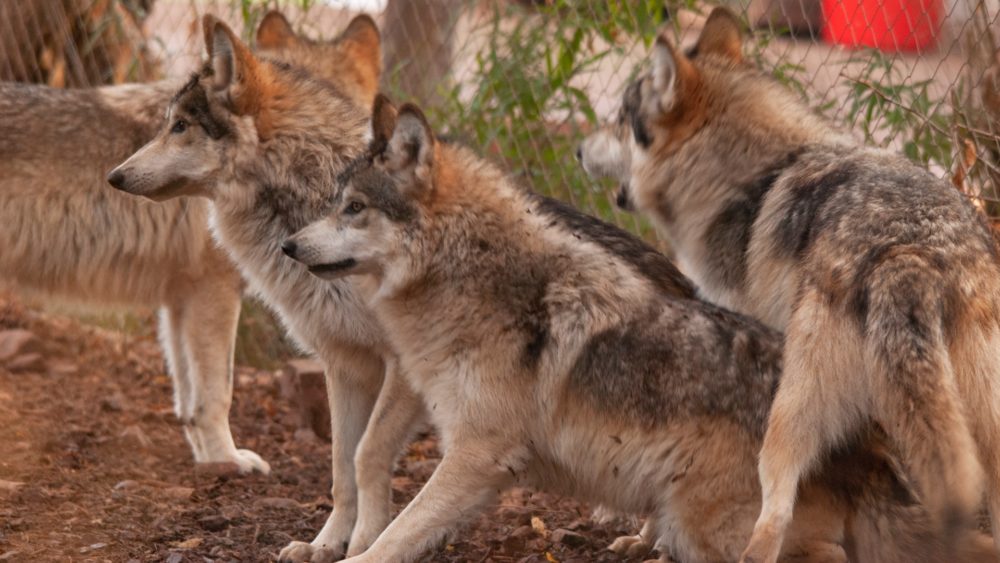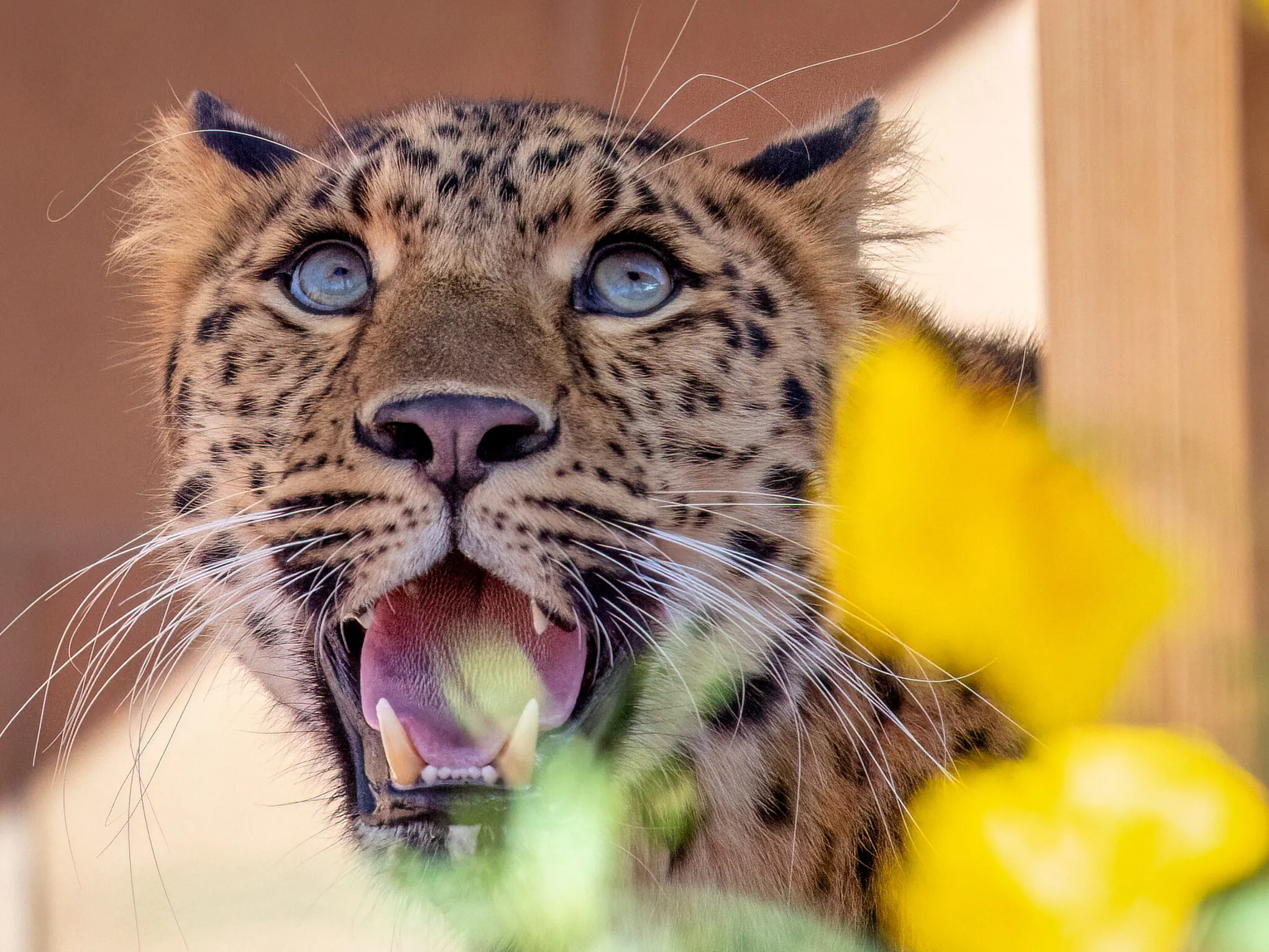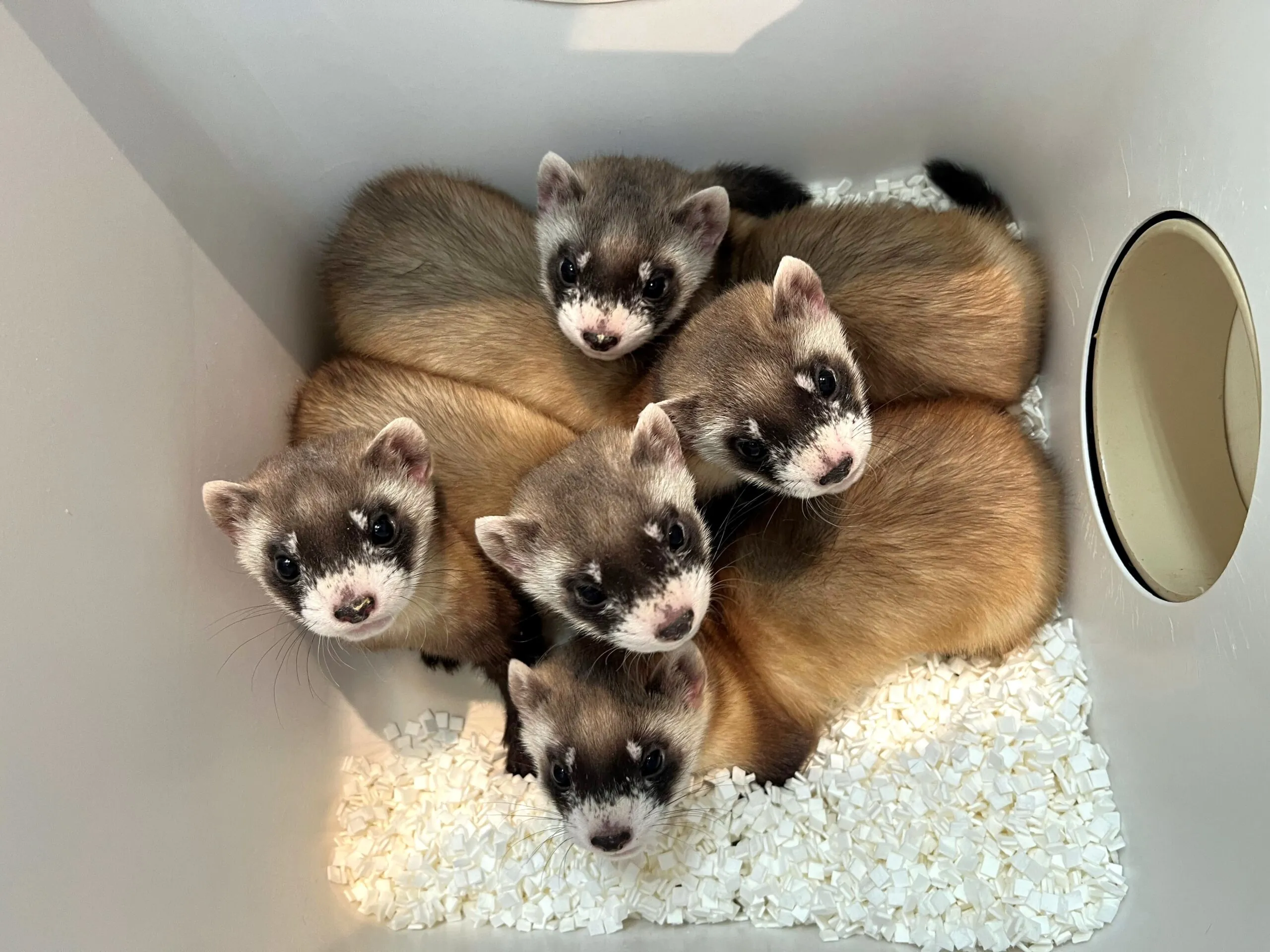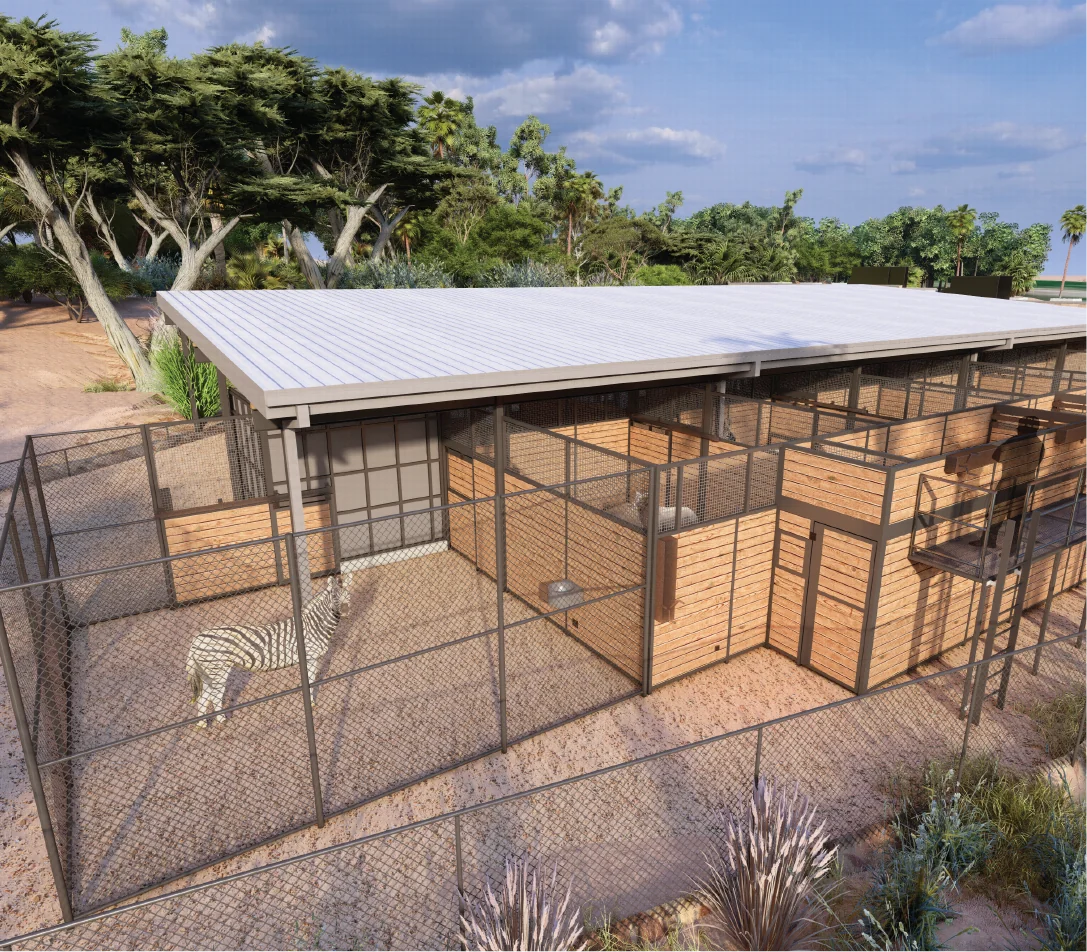Blog
MEXICAN GRAY WOLVES TRANSPORTED TO EL PASO ZOO AS PART OF CONSERVATION PLAN

Five of the Zoo’s eight Mexican gray wolves have been safely transported to the El Paso Zoo, in El Paso, Texas. All three male siblings, who were born in May of 2019 at the Phoenix Zoo, as well as four-year-old parents; Tulio and Tazanna, made the six-hour journey to their new home. The three female siblings, also born in 2019, will remain at the Phoenix Zoo in their habitat on the Arizona Trail.
“This transfer is part of a cooperative breeding program between the Association of Zoos and Aquariums Mexican Gray Wolf Species Survival Plan™ and the U.S. Fish and Wildlife Service’s Wolf Recovery Plan, which aims to restore Mexican gray wolves to their native southwest territory,” says Phoenix Zoo President and CEO, Bert Castro. “We’ve enjoyed having them at the Phoenix Zoo these past few years, but they are needed elsewhere to contribute to making the most genetically diverse matches to help support the ongoing genetic health of wild wolves.”
This wolf family will be housed together in the Mexican Wolf Den located in the New Chihuahuan Desert Exhibit. Joe Montisano, El Paso Zoo and Botanical Gardens Director, says the wolves are settling in well to their new surroundings. “The family is exploring and getting used to their new habitat. They have been a welcome addition here, and we are very excited to have the family at the Zoo. The breeding pair are slated to produce more wolves and we are very excited to have new pups as soon as the parents are ready.”
With 369 individual Mexican gray wolves distributed among 55 institutions in the United States and Mexico, there is still hope for wild repopulation with the influx of modern conservation collaborations. In 1976, the Mexican gray wolf was listed under the Endangered Species Act and the need for advocacy came to light.
The U.S. Fish and Wildlife Service, Mexico and partner agencies subsequently created a binational breeding program to reestablish wild populations.
These efforts are still going strong today.









